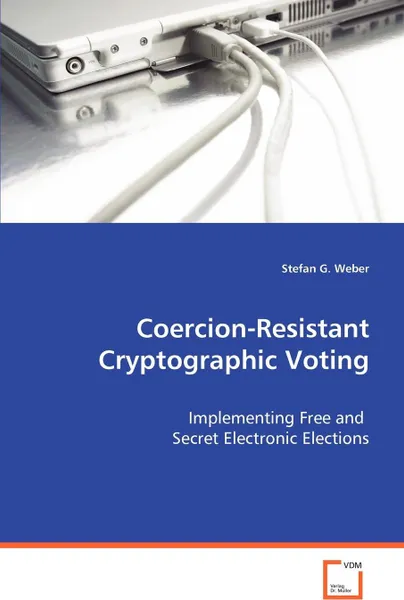Coercion-Resistant Cryptographic Voting 12+
Автор: Stefan G. Weber
2008
112 страниц
Категория: Компьютерные технологии
ISBN: 9783639046946
Язык: Английский
📕 Remote electronic voting is a promising concept. Voters are enabled to cast their votes over the Internet, from arbitrary computers. It offers convenience and does not require geographical proximity on the election day. Thus, it has the potential to allure those groups of voters that regularly abstain from general elections. However, in order to implement free and secret electronic elections, the threats of vote buying and coercion against the voters need to be addressed. In this book, a cryptographic approach that deals with these issues is investigated. Especially, a cryptographic voting protocol is described, evaluated and prototypically implemented that offers mechanisms to protect voters against coercion and thwarts vote buying. Readers of this book would include graduate students and postgraduate researchers in both academia and industry, who wish to gain a deeper knowledge of cryptographic voting protocols, its underlying theoretical concepts and its potential capabilities.
Мнения
